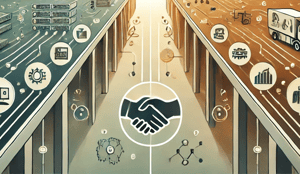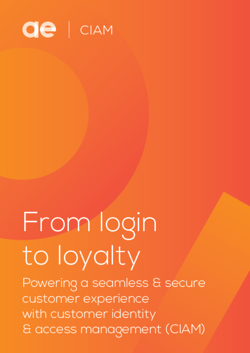
AE achieves Microsoft Advanced Specialisation: Migrate enterprise applications to Azure
We are excited to announce that AE has earned the Advanced Specialization: Migrate Enterprise Applications to Azure. This special recognition confirms our...

We are excited to announce that AE has earned the Advanced Specialization: Migrate Enterprise Applications to Azure. This special recognition confirms our...










Everything you always wanted to know about Microsoft Fabric… but were afraid to ask

This whitepaper will discuss the challenges that come with implementing an effective Customer Identity & Access Management (CIAM) solution
Explore our valuable content and get on top of your industry
Let us know what we can do for you? We are ready to listen to ensure you stay ahead of change!


Subscribe to our newsletter and get regular updates.